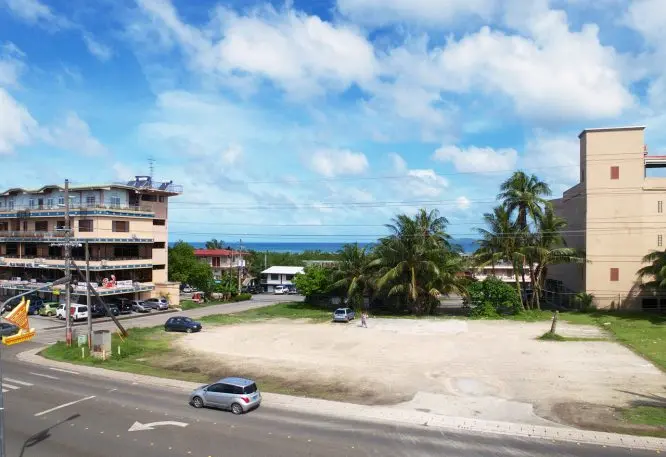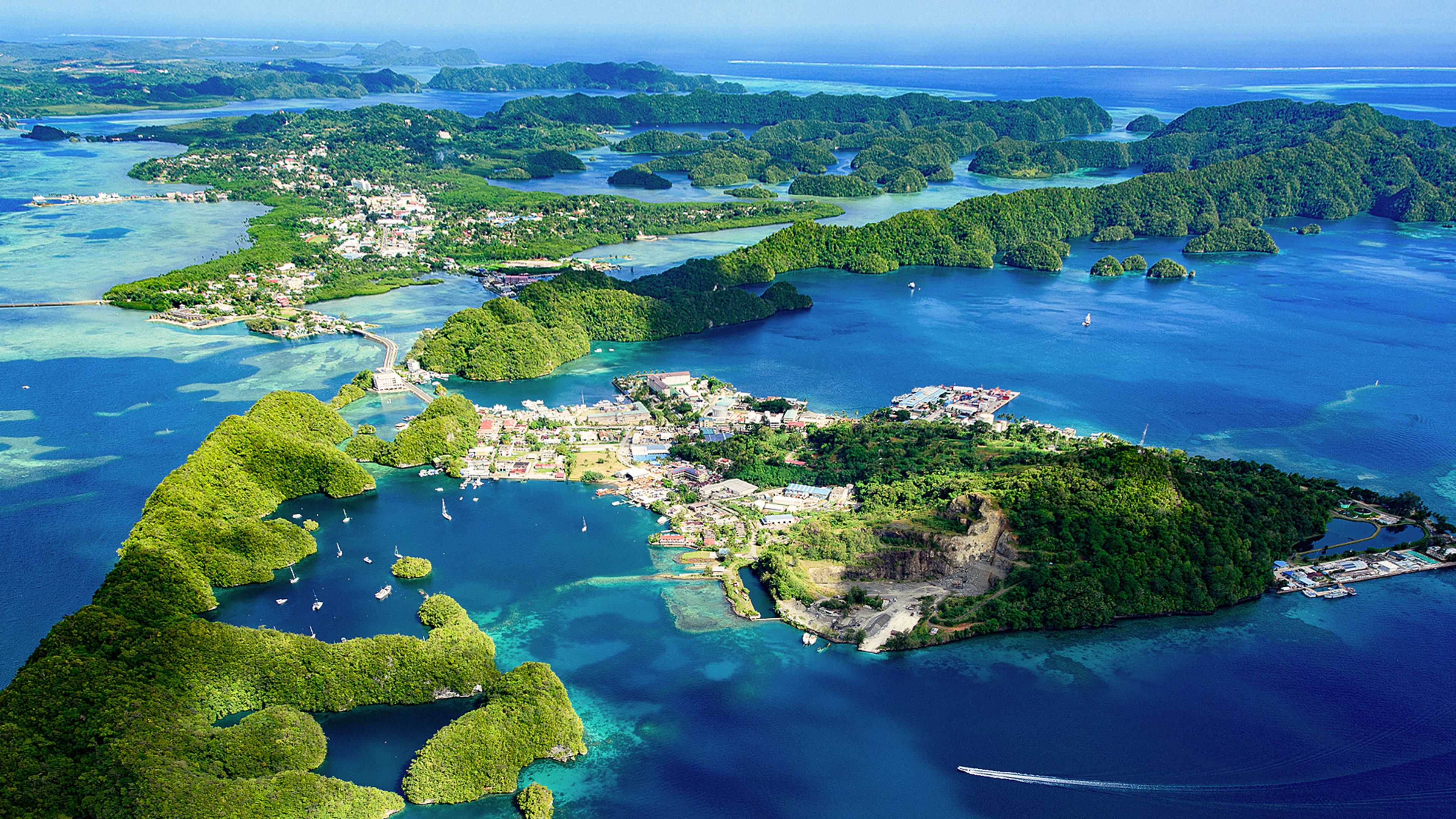Like most islands, Palau, a Pacific island nation that bills itself as a pristine paradise, currently relies on diesel fuel to supply almost all of its electricity. It’s both polluting and expensive; residents pay more than twice as much per kilowatt-hour than an average American, even though someone earning minimum wage there only makes around $5,000 a year.
But Palau is in the middle of a new experiment: Over the next year and a half, the country will shift to 100% renewable energy, at no cost to the government, in what is likely to be the fastest national transition to renewable energy ever to occur. In a new program, the partners behind the work in Palau plan to now help other small island nations do the same thing.
Technology is helping drive Palau’s transition. When the country’s president happened to meet the CEO of Gridmarket–an analytics company that originally spun out of a public-private partnership in New York City after Hurricane Sandy–at a large environmental tech conference called EarthX in 2017, the two realized that they could work together. Gridmarket’s predictive analytics and mapping platform uses AI to analyze a city or region property-by-property, create a strategic plan for renewable energy, and then creates a digital marketplace for solar panel manufacturers and other solution providers to bid on the job.

“We basically go into a place and gobble up all of the data that’s available using our system,” says Nick Davis, CEO of Gridmarket. Using data points such as climate and weather, energy costs, local laws, and the physical characteristics of each site, the company creates profiles for each property. In New York City, these are linked to addresses. In Palau, where conventional street addresses often don’t exist, the profiles can be linked to latitude and longitude. That building-by-building analysis was used to create Palau’s national RFP for clean energy, including battery storage, microgrids at government buildings and schools, and larger 20-30 megawatt systems that can feed into the local grid.
Typically, Davis says, a single 30-megawatt project might take three to four years to come to fruition, after first securing land rights and negotiating power purchase agreements, but using the tech platform shrinks that time. In Palau, where GridMarket started working in the second quarter of 2018, the first solar projects will be installed by the end of the year.
“In this case, from start to finish–deploying the platform to getting steel in the ground–it’s reducing it to really a 3-6 month process, which we hope to get quicker and quicker every time we do it,” he says. “Our goal is the 24-hour installation, eventually, where a property signs on and automatically triggers installers to immediately go and get it done.” In Palau, the first phase of installations will bring the country to 45% renewable energy, helping it meet its goals under the UN’s Global Goals. The next phase, bringing the country to 100% renewable energy, will happen in 2019.
The platform automatically teaches itself over time how to make a strategic energy plan more quickly. “It’s built on an AI backbone, so it really learns itself a lot of the time and figures out which new data points it needs, and uses all of those learnings as it builds node by node and property by property recommendations,” he says. The platform also calculates future energy needs, including both how efficient technology may reduce demand and how cheaper energy rates may increase usage.
For a national government, a major energy transition involves politics, but Palau’s government was eager to make the shift. Diesel energy supplies 90% of its electricity needs, and the government has to heavily subsidize the cost for its citizens. The change to renewables will both save its money and likely help the economy grow; businesses in Palau pay even more for electricity than consumers now, at 38 cents a kilowatt hour.
The work also has outside funding, a critical factor in making the shift happen. Trammell Crow, the founder of EarthX and a Republican philanthropist committed to fighting climate change, decided that EarthX should pay for GridMarket’s work, and will also help fund the purchase of the equipment and the installation (institutional funding and some donations from renewable energy companies will also cover some of the cost of implementation). The island nation won’t have to pay for the shift. The funding, in combination with the technology guiding the transition, is making the project move quickly. “We’re trying to have the quickest transition to renewable energy in the history of a country,” says Davis.
In Palau, a short list of renewable energy companies are now under consideration for the work, and installation will begin soon. Because they saw that the model can work, the Republic of Palau partnered with EarthX, Gridmarket, and the Global Island Partnership to form the “Island Resilience Partnership” to do the same work on other small island nations–among the countries most at risk from climate change and most in need of options for local, affordable energy, but that might otherwise have difficulty making the shift.
Recognize your brand’s excellence by applying to this year’s Brands That Matter Awards before the early-rate deadline, May 3.
